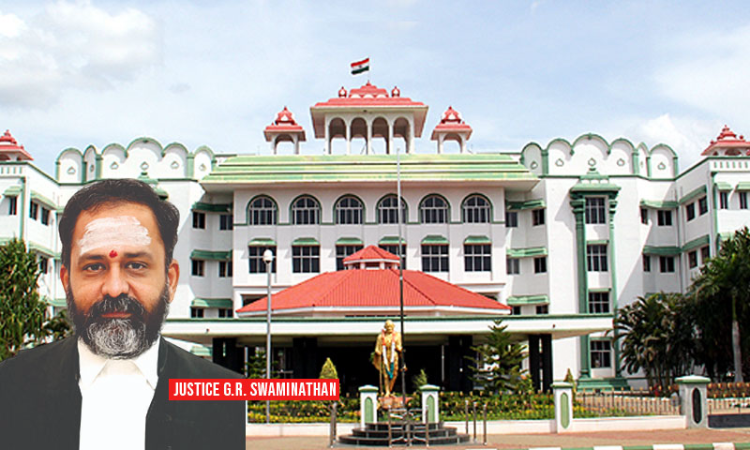The Madras High Court has observed that the State is expected to take care of the mentally disabled persons who are without any family support. The court added that though Section 9(2) of the Rights of Persons with Disability Act deals with a child with disability lacking family support, the provisions could be extended to even adults who are suffering from mental disability and are...

